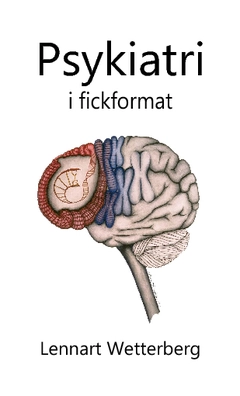

System, context and psychotherapy : towards a unified approach
- Utgiven: 2016
- ISBN: 9781523254804
- Sidor: 364 st
- Förlag: Createspace Independent Publishing Platform
- Format: Häftad
- Språk: Engelska
Om boken
This book explores a number of themes that exert a strong influence on how the therapist conceptualises and practices her therapy. It begins by examining the idea of systems, and while rejecting the notion that a specific, single theory of systems exists, suggests that a "systems perspective" offers the possibility of providing all therapy models with a unifying perspective. The importance of contextual factors is then examined, and in particular the author looks at how legal, cultural, ethical and professional thinking influence therapeutic work. When the individual is perceived as both a system and a sub-system, the way is opened for the therapist to consider all established ways of thinking and working, selecting ideas and interventions that fit the nature of the client's problem. Diagnostic systems such as DSM-5 offer the possibility of help in this regard, as long as they are seen for what they are - as category systems that are created for practical reasons, and not as true reflections of "reality". Throughout, respect is shown for the integrity of the individual, reflecting the premise that every living system is a self-organising and self-directing unity. Such a premise also suggests that it is the experience of the client that shall be the selecting agency for therapeutic skills, and that therapeutic theories and interventions are good tools, but bad masters. To this end, two chapter are devoted to the "therapeutic investigation" - and describe how a practical, phenomenological approach based on cybernetic principles can be utilised.
Åtkomstkoder och digitalt tilläggsmaterial garanteras inte med begagnade böcker
Mer om System, context and psychotherapy : towards a unified approach (2016)
2016 släpptes boken System, context and psychotherapy : towards a unified approach skriven av Bill Petitt. Den är skriven på engelska och består av 364 sidor. Förlaget bakom boken är Createspace Independent Publishing Platform.
Köp boken System, context and psychotherapy : towards a unified approach på Studentapan och spara uppåt 7% jämfört med lägsta nypris hos bokhandeln.
Referera till System, context and psychotherapy : towards a unified approach
Harvard
Petitt, B. (2016). System, context and psychotherapy : towards a unified approach. Createspace Independent Publishing Platform.
Oxford
Petitt, Bill, System, context and psychotherapy : towards a unified approach (Createspace Independent Publishing Platform, 2016).
APA
Petitt, B. (2016). System, context and psychotherapy : towards a unified approach. Createspace Independent Publishing Platform.
Vancouver
Petitt B. System, context and psychotherapy : towards a unified approach. Createspace Independent Publishing Platform; 2016.
Bokens omdöme
Ingen har recenserat den här boken ännu.



















